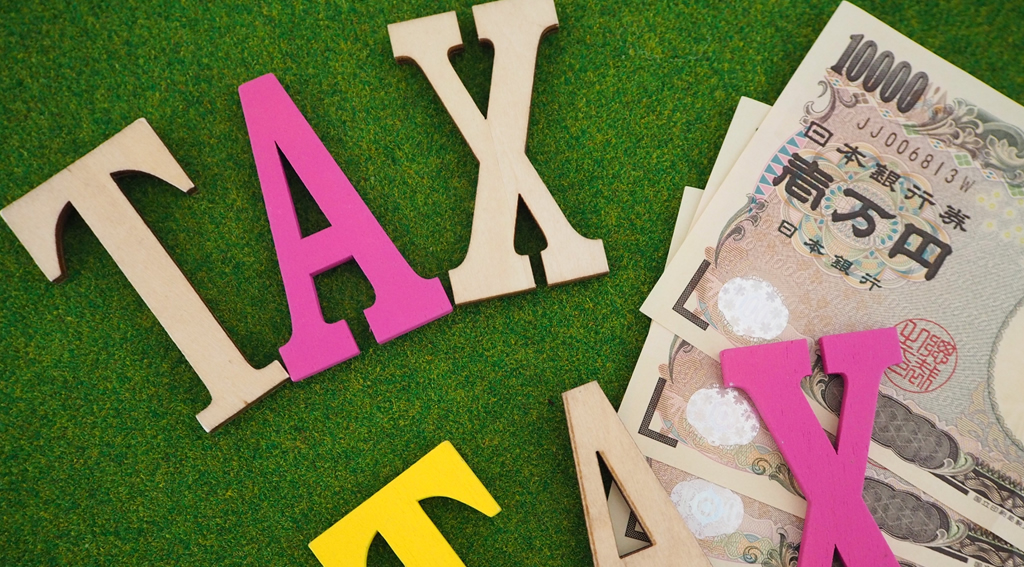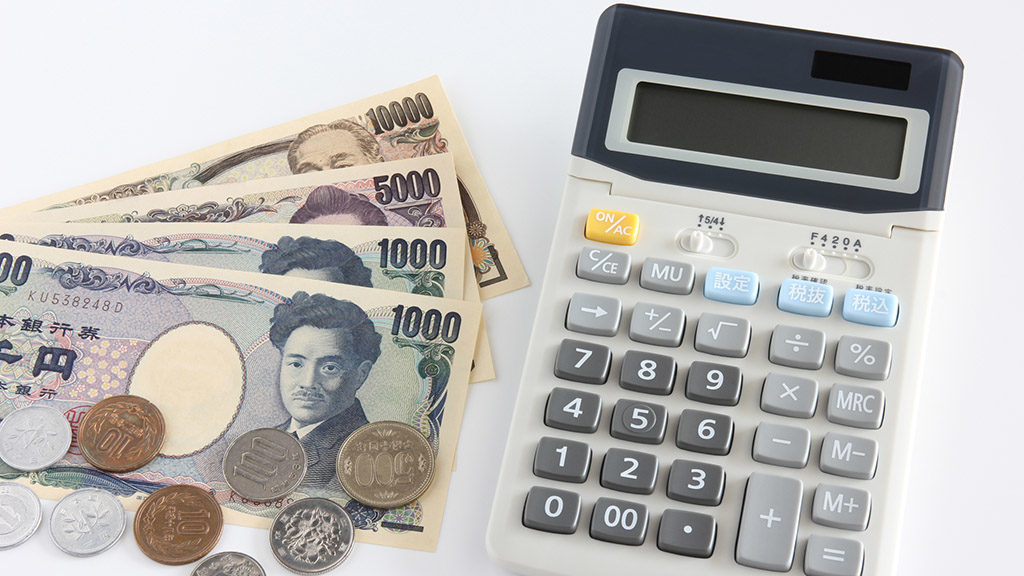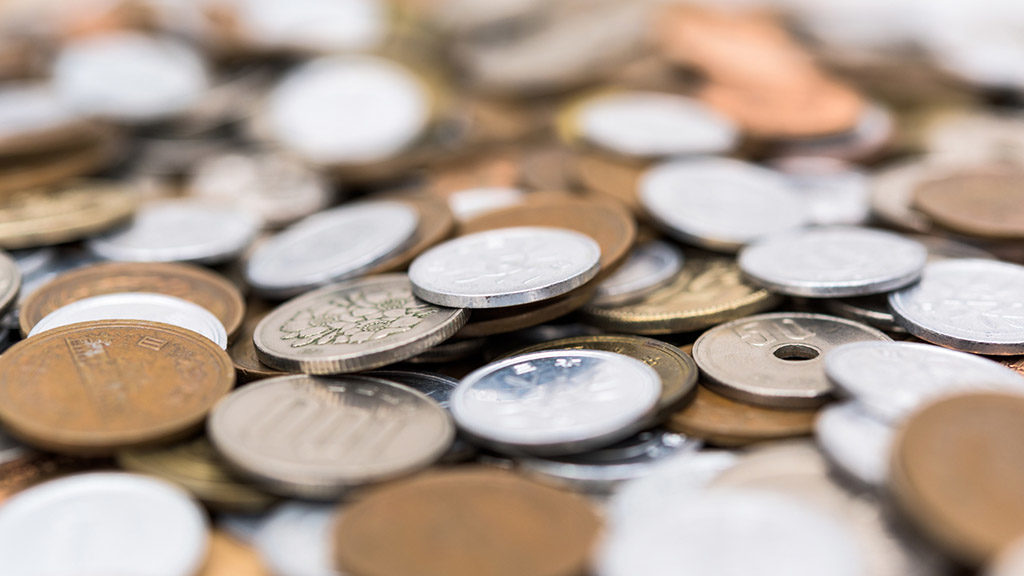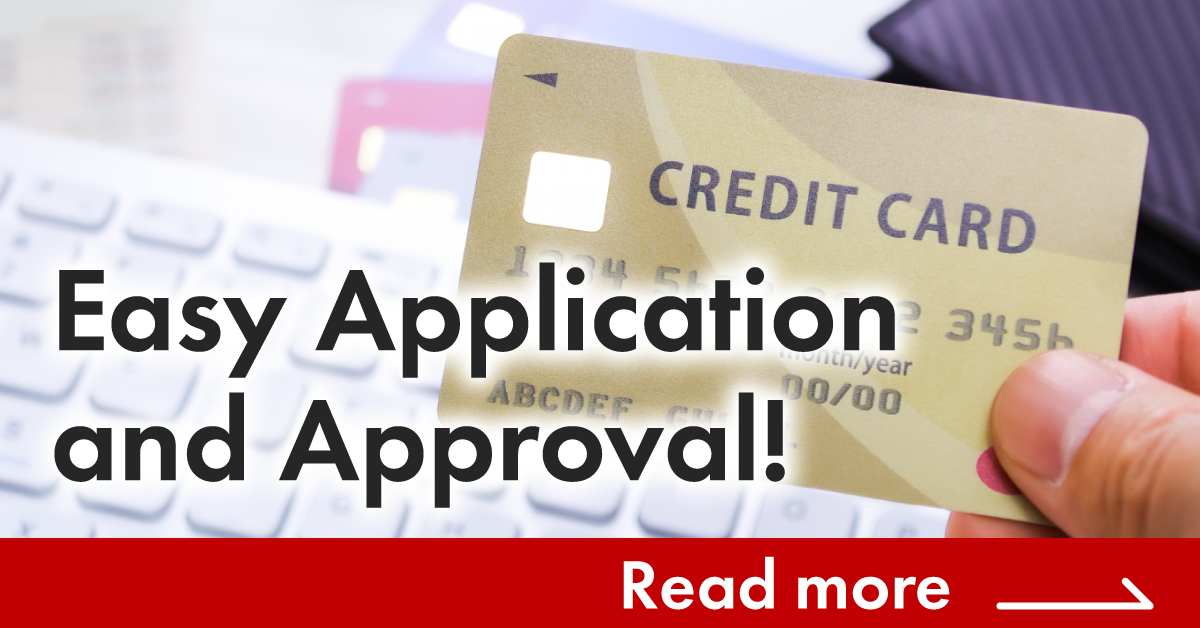Types and structure of Japanese tax

This post is also available in 日本語
The most important thing to note when starting a new life in Japan is the obligation to pay taxes. Taxes are used to by the government to provide welfare and medical services as well as education for the purpose of maintaining a healthy lifestyle for everyone.
Which tax is used for what purpose? How do we pay taxes? Which taxes do we have to pay? Today I’m going to introduce to you the Japanese taxes.
Contents
Types of Taxes
Taxes in Japan are divided into two levels: “the national tax” and “the local tax”. Both have different classifications of taxes.
What is the National Tax?

The national tax is paid to the government. It adopts the national tax rate and rules which are uniform in all over the country. It is levied on all individuals who reside in Japan.
There are “direct” and “indirect” national taxes.
- Direct National Taxes
When the individual with tax liability and the person who pays taxes are the same.
Adopts the progressive taxation system in which the tax rate varies depending on one’s income and revenue.
Includes income tax, inheritance tax, donation tax etc. - Indirect National Taxes
When the individual with tax liability and the person who pays taxes are different.
Paid when consumers purchase goods and services. Business owners pay the taxes.
Includes consumption tax, liquor tax, tobacco tax, tariff, bath tax etc.
Let’s look at major direct and indirect taxes.
Direct Tax: Income Tax
Levied on individuals who work and earn revenue and the amount is based on the annual income. If an individual works at a company, it will be deducted from the salary every month.
Direct Tax: Inheritance Tax
If you inherit property from someone who has passed away or inherit property via someone’s will, an inheritance tax may incur depending on the amount. You can assess the amount by yourself, but as the computation of inheritance tax is complicated, you can request for a tax accountant, too.
Direct Tax: Donation Tax
If one receives a property – cash, land or insurance money – which is worth more than 1.1 million yen in a year, one must pay for its donation tax.
Indirect Tax: Consumption Tax
Purchasing goods and utilizing services are an act of “consumption”. When an individual consumes, it will incur consumption tax. As the tax is included the price for goods or services, you do not have to pay it again.
As of May 2019, the rate of consumption tax is 8 % in Japan. For instance when you purchase a product that is worth ¥1000, the tax incurred is ¥80. Therefore, you will pay ¥1,080 to the shop.
Indirect Tax: Liquor Tax
The price for a can of beer and liquor is inclusive of liquor tax. Hence you do not have to pay for it separately, either.
What is the Local Tax?

Local taxes are paid to the prefecture and municipality of your residence.
Resident Tax
This is the source of administrative services such as education and welfare service. You are to pay it to your local city hall. The tax amount is dependent on one’s income. For those who work at companies, their resident tax will be deducted from their salary every month.
Automobile Tax / Light Vehicle Tax
An individual who possesses an automobile, a light vehicle or a motor bike must pay for its automobile tax (light vehicle tax) according to its purpose or total displacement.
Property Tax
An individual who owns a land or a building (property) is subject to a property tax which is calculated on the value of such property.
How to Pay
When you are paying the taxes yourself, you may pay in the following ways. Make sure to check if these are available for the taxes you are liable for.
- Pay on cash using the bill
You can pay at a cash counter at your local city hall, banks, convenience stores or at other designated institution. - Bank transfer
You need to submit an application to pay via bank transfer. - Others
Payment via credit card, online banking etc.
Be Mindful of Payment Due Date!
Each tax has its due date for payment. If you pay one later than the date indicated on the bill, a penalty may incur depending on the number of days you delayed. Make sure to check the due date beforehand and pay in advance. You can avoid missing the payment if you choose to use bank transfer or automatic transfer of credit cards.
- If You Wonder What Should Give a Gift, This Is the Best Choice! Cool Packaged Handkerchiefs!
- Apply on UV Cream Without Getting Your Hands Dirty! Why not Have This Handy Puff?
- So Popular Character “Chiikawa” Cheers You Up! Improve Your Arched Back!
- If You Want to Improve Your Sleep Quality, You Should Change Your Pajamas! 3 Recommended Pajamas
- Conveniently 2-Way! This Product Is Useful in Both Summer and Winter.









